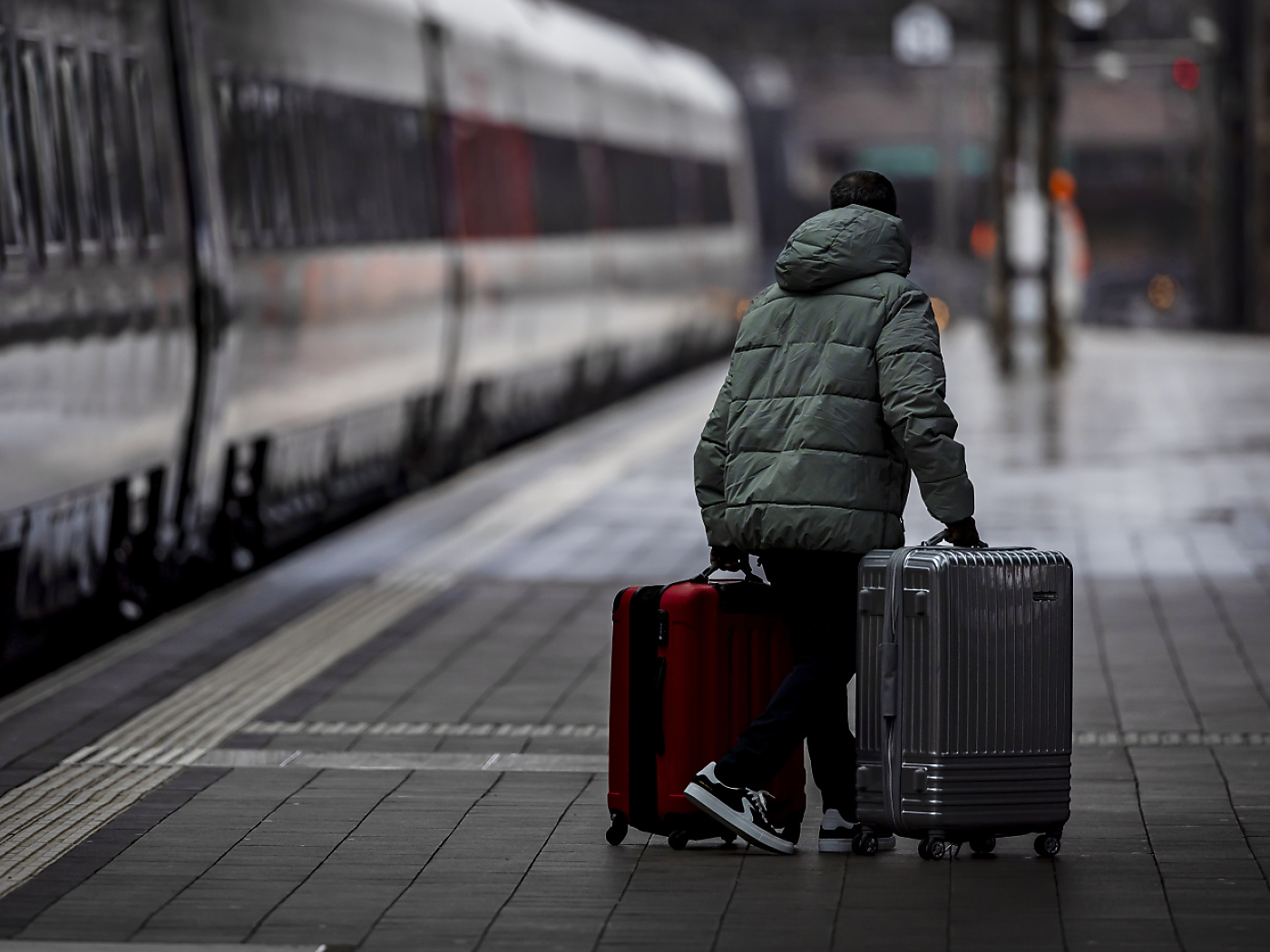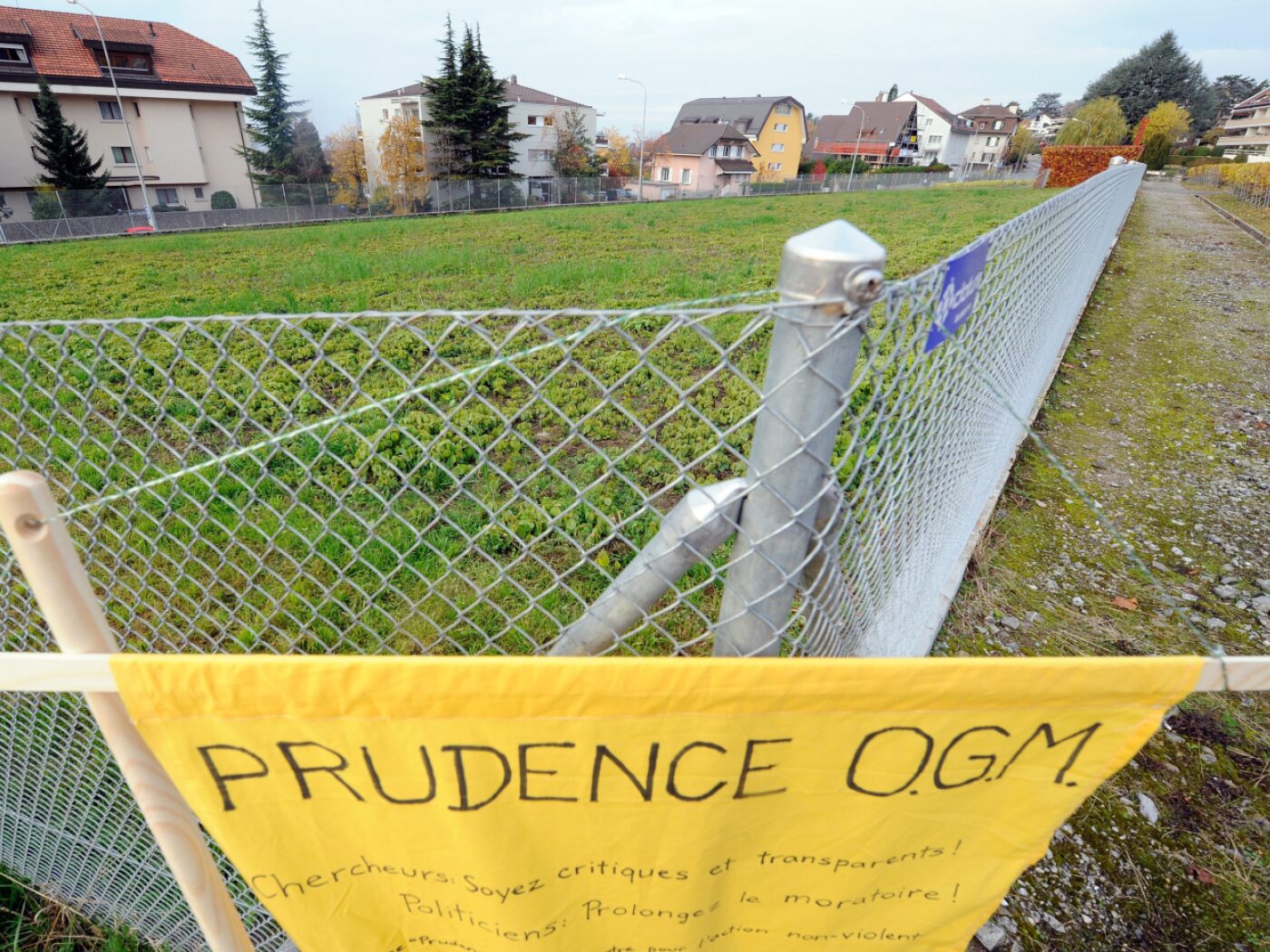Labour force participation rates of foreign workers show clear differences

In the Swiss labour market, there are large differences between the nationalities in terms of employment rates. The Germans are at the top with an employment rate of almost 90%.
According to an evaluation by the Federal Statistical Office (FSO) on Tuesday, the employment rates of workers from EU countries are generally the highest. Behind Germany with 89.9%, Austria, Slovakia, France and Greece follow with rates between 89.5% and 85%. At the bottom of the employment rate table are nations such as Russia, Eritrea and Turkey, with rates below 60%.
Across all workers, the labour force participation rate in Switzerland for 2018 to 2022 averaged 83.5% for those aged 25 to 64. For foreign workers, it was 79.0%, and for people with a Swiss passport, 85.5%.
High level of education
Meanwhile, foreign workers are often better educated on average than workers with Swiss passports. For example, according to the FSO, about 90% of Americans and Russians have a tertiary education, followed by the United Kingdom (80.4%), the Netherlands (76.3%) and Greece (72.7%). For Swiss nationals, the corresponding proportion is only 48.2%.
++Swiss business group sounds alarm over labour shortages
This would also have an impact on the share of these nations in the management levels of the Swiss labour market. For people from the United Kingdom, for example, the share of management positions is 44.3%. This is followed by workers from the USA (38.8%), the Netherlands and Greece (35.9% each) as well as Germany (35.5%), France (34.8%) and Austria (33.1%). For persons with a Swiss passport, the rate of leadership positions is 28.7%.
Different working conditions
According to the FSO, there are also clear differences in the working conditions of foreign workers. For example, according to the FSO, employees from the United Kingdom and the United States most often have flexible working hours, with a share of around two-thirds. For the Swiss, this figure is 51.2%.
++Politicians want to relax law limiting foreign workers
In contrast, the figure for workers from Eritrea and Sri Lanka is only around 10%. People from these countries also work comparatively often on fixed-term contracts and atypical working hours.
This news story has been written and carefully fact-checked by an external editorial team. At SWI swissinfo.ch we select the most relevant news for an international audience and use automatic translation tools such as DeepL to translate them into English. Providing you with automatically translated news gives us the time to write more in-depth articles. You can find them here.
If you want to know more about how we work, have a look here, and if you have feedback on this news story please write to english@swissinfo.ch.

In compliance with the JTI standards
More: SWI swissinfo.ch certified by the Journalism Trust Initiative























You can find an overview of ongoing debates with our journalists here . Please join us!
If you want to start a conversation about a topic raised in this article or want to report factual errors, email us at english@swissinfo.ch.